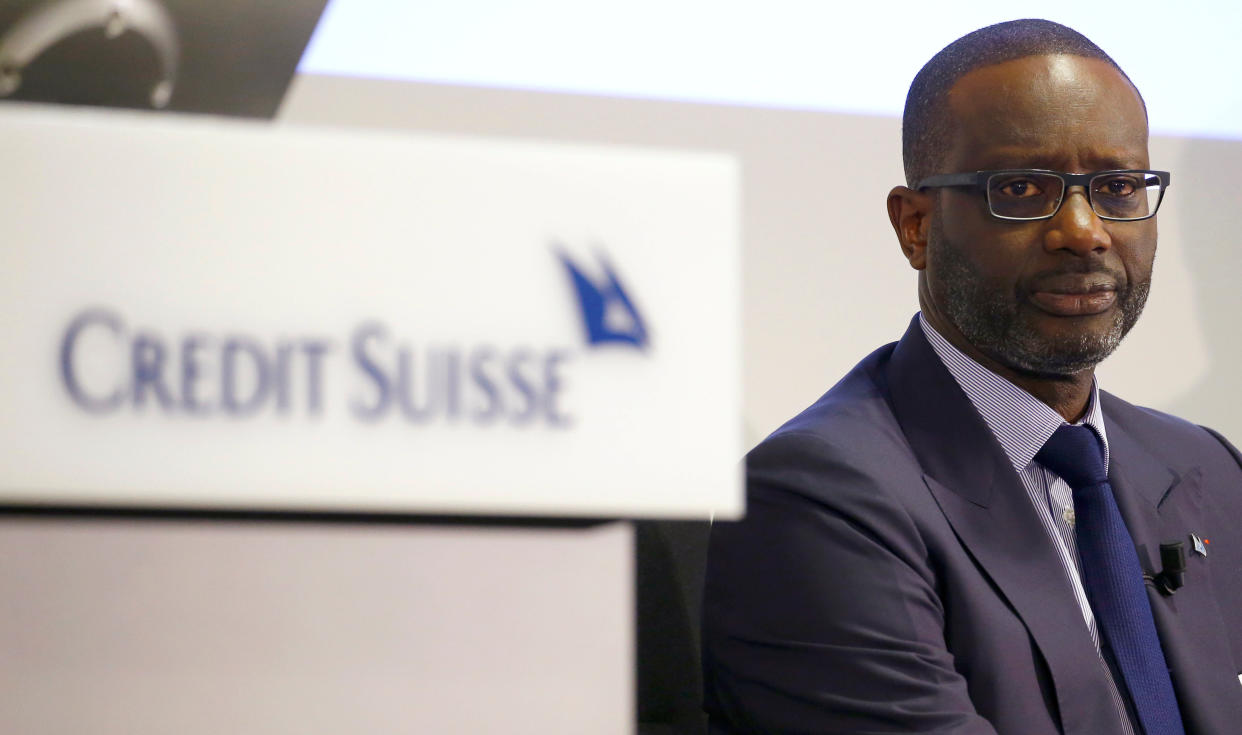Credit Suisse said to impose cost on Asia bankers who quit

by Cathy Chan, Jan-Henrik Förster and Viren Vaghela
(Bloomberg) — Credit Suisse Group AG just tightened the golden handcuffs for some of its most senior bankers.
The Swiss firm will force some managing directors in Asia to repay part of the cash portion of their 2018 bonuses if they leave within three years of receiving it, people with knowledge of the matter said. The cash bonuses will be fully paid out in coming weeks, according to the people, who asked not to be named discussing confidential information.
For its most highly paid investment bankers in the U.S., Credit Suisse will increase the deferred-compensation part of bonuses to bring payout schedules more in line with Europe, two of the people said. A spokesman for the Zurich-based bank declined to comment.
It wasn’t clear why Credit Suisse is imposing tougher rules in Asia. But in a region where competition for star private bankers serving the rising ranks of ultra-rich is fierce, the cash clawback will likely put a damper on defections. By leaving the door open for money to be returned, Credit Suisse can also defer booking some of the cash payouts as costs immediately, two of the people said.
Credit Suisse has adopted a unique structure for its operations in Asia, merging its wealth management, investment banking and trading businesses into one unit run by Singapore-based Helman Sitohang.
Many banks, including Credit Suisse, have compensation systems that encourage bankers to hang around after collecting their bonuses. While Credit Suisse’s earlier bonus system imposed a cost on executives who quit soon after getting paid, the prospect of having to pay back cash could prove a more powerful deterrent.
Credit Suisse in previous years typically paid about 25 percent to 30 percent of senior bankers’ bonuses in cash, while more than half was in the form of stock, which vested over a few years, according to the people.
The remaining 10 percent to 15 percent was made up of a contingent-convertible debt instrument which converts into equity when the capital ratio dips below 7 percent. If it doesn’t, the holder receives a coupon payment.
A three-year turnaround plan by Chief Executive Officer Tidjane Thiam has been dogged by poor performance at its markets operations in Asia — a region Thiam has repeatedly singled out for its growth potential. The Asia markets business posted a loss in 2018. The business made a small profit on an adjusted basis, which strips out restructuring costs.
Credit Suisse’s overall bonus pool for 2018 will probably be flat from the prior year, people familiar with the matter said earlier this month. Unlike in the previous two years, executives won’t cut their payouts, the people said.
A senior banker in Asia who leaves within a year of collecting the bonus will have to repay the bulk of it, the people said. For each year after that, the portion that must be paid back falls by a third.
© 2019 Bloomberg L.P


